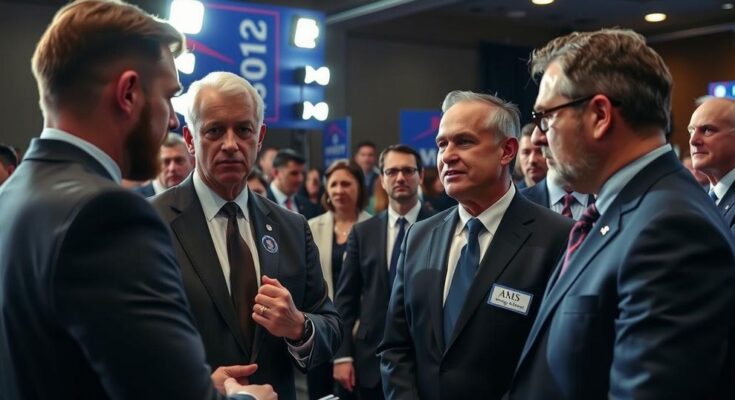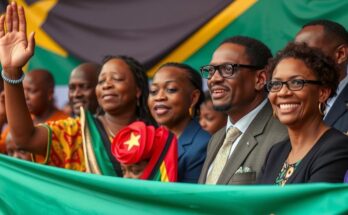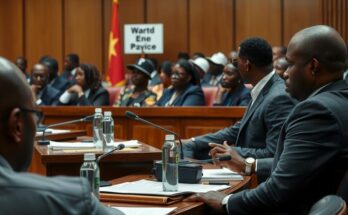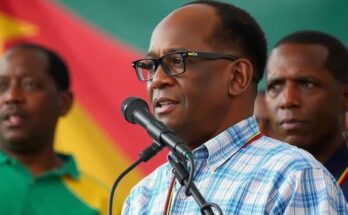Election officials are increasingly confronting Elon Musk over misinformation on his platform, X. Mark Coakley, a registrar from Henrico County, sought to correct false claims Musk propagated about Virginia election fraud but faced massive disparity in visibility for his responses. Despite this, Michigan Secretary of State Jocelyn Benson succeeded in countering Musk’s assertions with a response that surpassed his reach. The situation exemplifies the challenges electoral authorities face in addressing misinformation.
Election officials are increasingly challenged by misinformation propagated on social media platforms by influential figures such as Elon Musk. During a recent NFL game, Henrico County registrar Mark Coakley encountered a post by Musk asserting that fraudulent votes were detected in Henrico County during the 2020 election. This claim was later rebutted by Coakley through the county’s official account; however, the response garnered significantly less visibility compared to Musk’s original post, which attracted millions of views. This dynamic illustrates the disparity between the reach of those spreading misinformation and the ability of election officials to correct it. Despite efforts from various election officials, including confrontations from both Democratic and Republican representatives, Musk’s influence remains remarkably high, rendering the fight against misinformation extremely unequal. In contrast, Michigan Secretary of State Jocelyn Benson managed to exceed Musk’s viewer engagement when responding to his claims about voter registration in her state, underscoring that even amidst monumental challenges, effective communication and evidence-based rebuttals can prevail against misinformation.
The rise of misinformation in the context of elections has become a pressing concern for democracy, especially in the age of social media. Influential figures like Elon Musk, who owns X (formerly Twitter), wield immense power over public discourse through their vast followings. Election officials find themselves at a considerable disadvantage when countering false claims that can go viral, often rendering their factual responses ineffective. The spread of misinformation creates not only public confusion but also diverts vital resources from election administration, making it difficult for officials to focus on their primary responsibilities. Consequently, the engagement of political figures and election authorities on platforms like X signifies an urgent battle against the corrosive effects of misinformation on democratic processes.
The challenges faced by election officials in combating misinformation on social media platforms highlight significant vulnerabilities in the electoral system. The unequal power dynamic, characterized by a single individual’s broad reach and influence, complicates efforts to correct misleading narratives. Although there are instances where officials successfully counter misinformation, the overall landscape reflects a troubling trend that could undermine public trust in electoral processes. It is imperative for election authorities to develop comprehensive strategies to engage effectively in this evolving battleground of information and misinformation.
Original Source: abcnews.go.com




